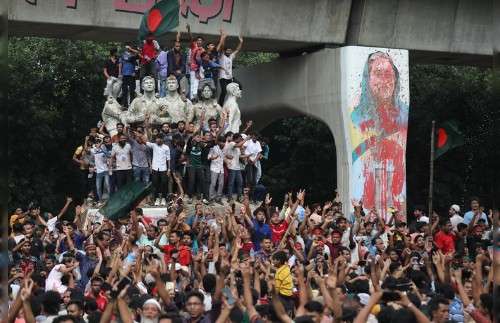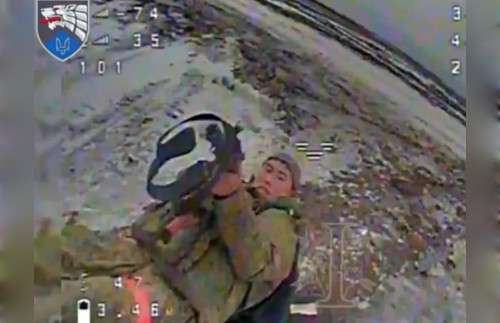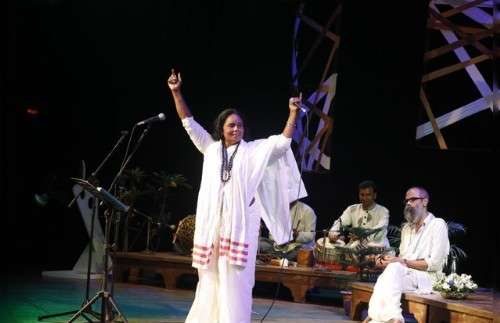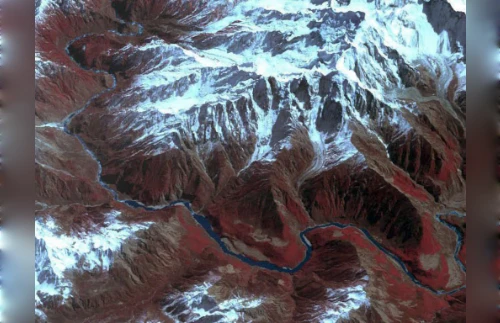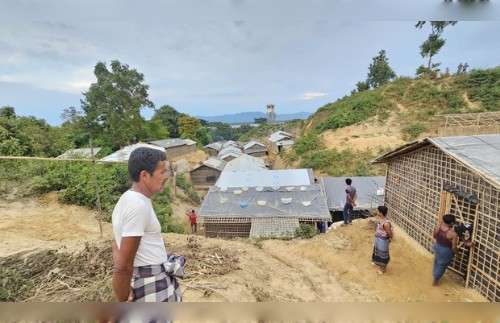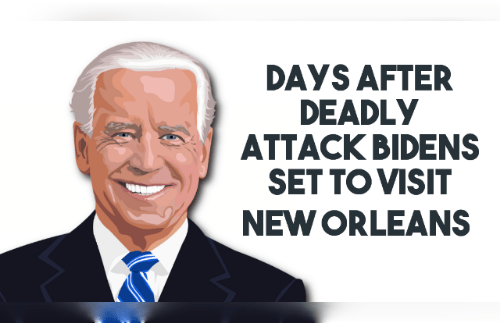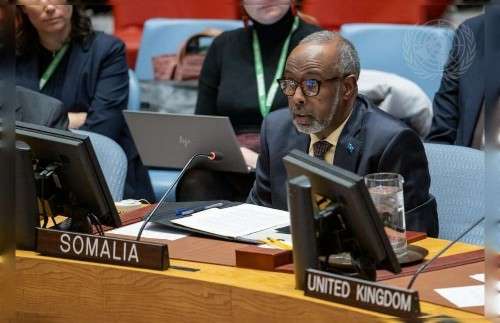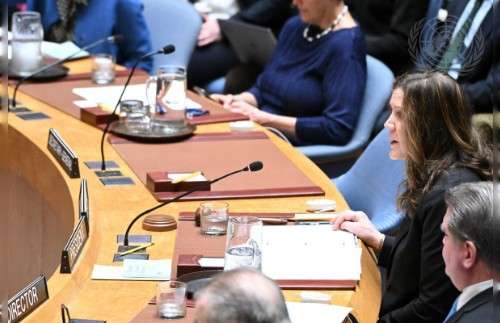South Asian nation’s interim leader calls for calm as India expresses outrage over arrest of head of minority religious group.
Kamran Reza Chowdhury and Minhaj Uddin/Dhaka and Chittagong,Bangladesh
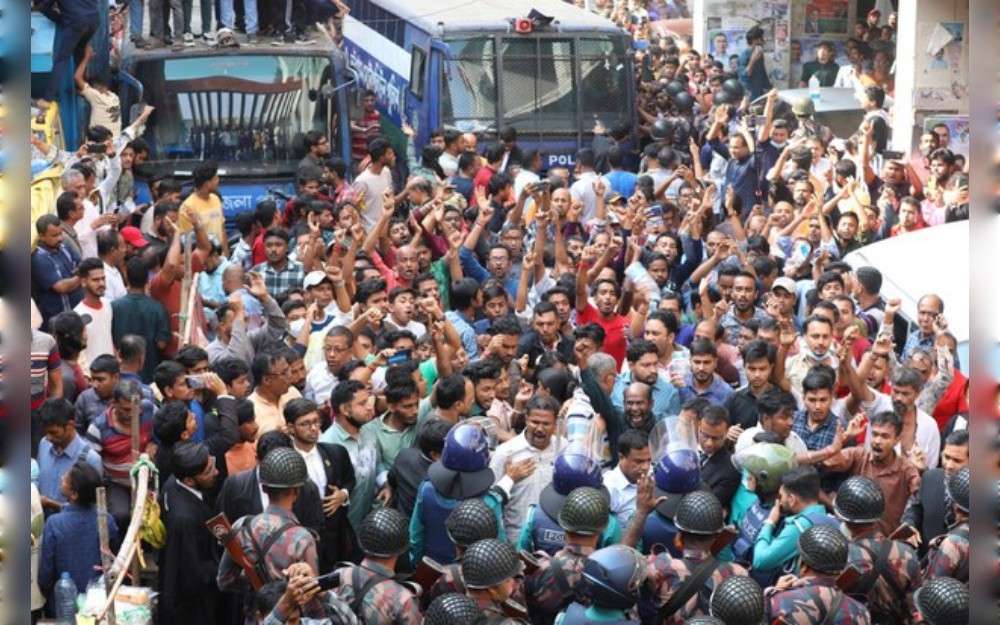
Religious tension surged in Muslim-majority Bangladesh after a Hindu religious leader was denied bail, with a prosecutor hacked to death amid huge protests against the minority leader’s arrest and sharp words between Dhaka and New Delhi.
The developments dealt a fresh blow to law and order in a country that has witnessed months of protests and ongoing questions over whether minority Hindus are safe under Bangladesh’s interim government that was set up after former Prime Minister Sheikh Hasina fled the country amid calls for her to step down.
The South Asian nation’s interim head, Nobel laureate Muhammad Yunus, condemned the prosecutor’s killing, ordered an investigation and urged citizens to remain calm, according to a government statement.
“The interim government is committed to ensuring and upholding communal harmony in Bangladesh at any cost,” it said.
The events unfolded Tuesday as thousands of angry supporters of Hindu monk Chinmoy Krishna Das surrounded a court in Chittagong in Southeastern Bangladesh where his bail application was being heard following his arrest at an airport in Dhaka the night before.
A BenarNews photographer at the scene witnessed Muslim prosecutor Saiful Islam Alif, 32, being dragged from the court and hacked to death some 100 meters from the court gate.
“The lawyer was declared dead by the doctor on duty after being taken to the hospital. He was hit on the head with a sharp weapon,” Nurul Alam Ashek, senior police official at Chittagong Medical College Hospital, later told BenarNews.
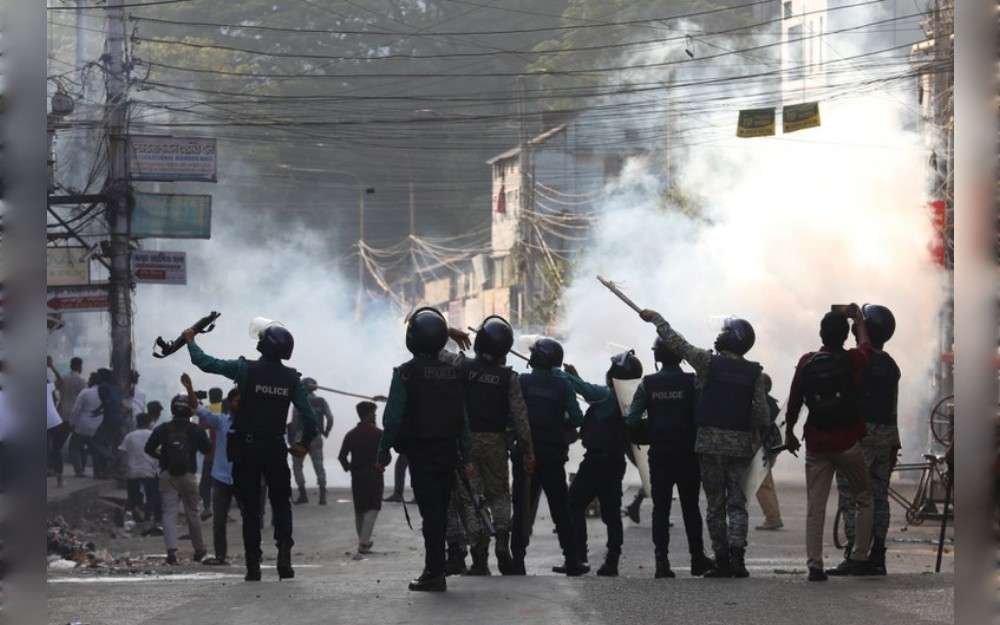
Chinmoy was arrested after a politician with the country’s largest party, Bangladesh Nationalist Party (BNP), filed what some analysts termed as a frivolous sedition case against him, alleging that the national flag was dishonored at his rally late October.
A leader associated with the International Society for Krishna Consciousness, an organization better known as ISKCON, Chinmoy is based in Chittagong.
As he left court after being denied bail, more than 2,000 supporters surrounded and blocked the van carrying him back to jail, for more than two hours, Reuters news agency reported, quoting Chittagong Metropolitan Police Commissioner Hasib Aziz.
“They went on a rampage, throwing bricks at us. To disperse the crowd, we had to fire teargas,” Aziz told Reuters, adding that a constable was hurt.
Home Affairs Adviser Lt. Gen. Md. Jahangir Alam Chowdhury said the violence in Chittagong may have resulted from “instigations from both home and abroad,” although he did not name any country.
Chinmoy’s arrest created an uproar in New Delhi.
“We have noted with deep concern the arrest and denial of bail to … Chinmoy Krishna Das,” said a statement from the Indian Ministry of External Affairs.
The Indian statement claimed that the incident followed “multiple attacks on Hindus and other minorities by extremist elements in Bangladesh.”
However, alleged incidents of such attacks posted on social media were debunked by fact checkers at international news agencies such as BBC News and Agence France-Presse, as well as Rumor Scanner, a fact-checking outfit in Dhaka.
“It is unfortunate that while the perpetrators of these incidents remain at large, charges should be pressed against a religious leader presenting legitimate demands through peaceful gatherings,” said the Indian government.
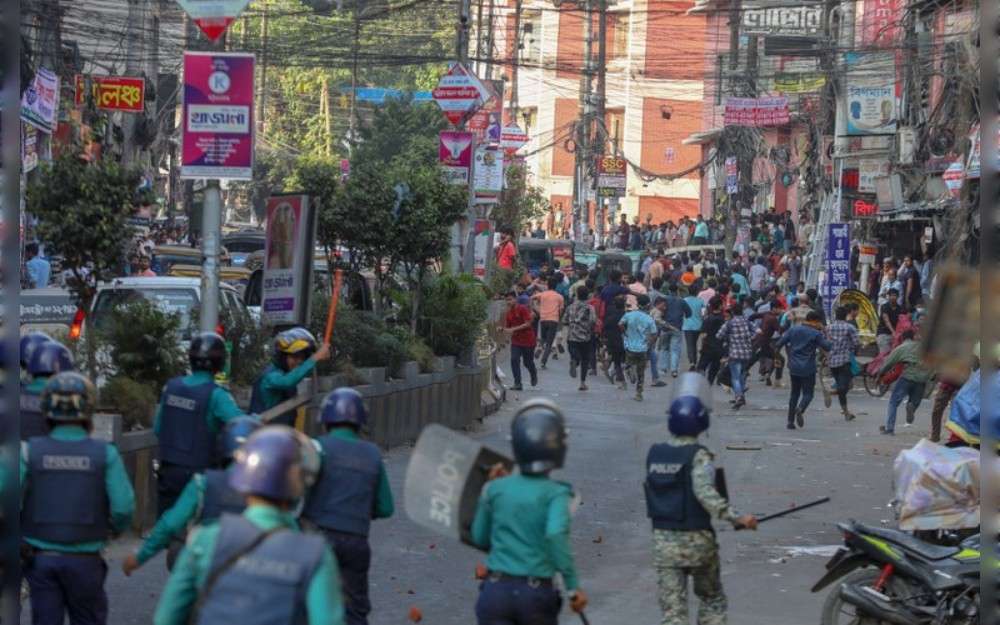
Bangladesh’s Ministry of Foreign Affairs shot back, underlining in its own statement what it said was Dhaka’s commitment to protecting minorities and freedom of religion in the country.
“It is with utter dismay and deep sense of hurt that the government of Bangladesh notes that the arrest of Sri Chinmoy Krishna Das has been misconstrued by certain quarters,” Dhaka’s statement said.
“The government of Bangladesh maintains that such unfounded statements not only misrepresents facts but also stand contrary to the spirit of friendship and understanding between the two neighboring countries.”
The two neighbors have been at odds since autocratic ex-PM Hasina fled to India in August following weeks of student-led protests and civil unrest that claimed more than 1,000 lives.
Yunus bluntly told the Indian state news agency PTI in September that relations were at a new low after Hasina had been allowed to shelter in New Delhi and “campaign from there.”
India has also been a source of what Dhaka claims is a source of exaggerated or fake reports about widespread violence against Bangladesh’s Hindu minority.
Copyright ©2015-2024, BenarNews. Used with the permission of BenarNews.





